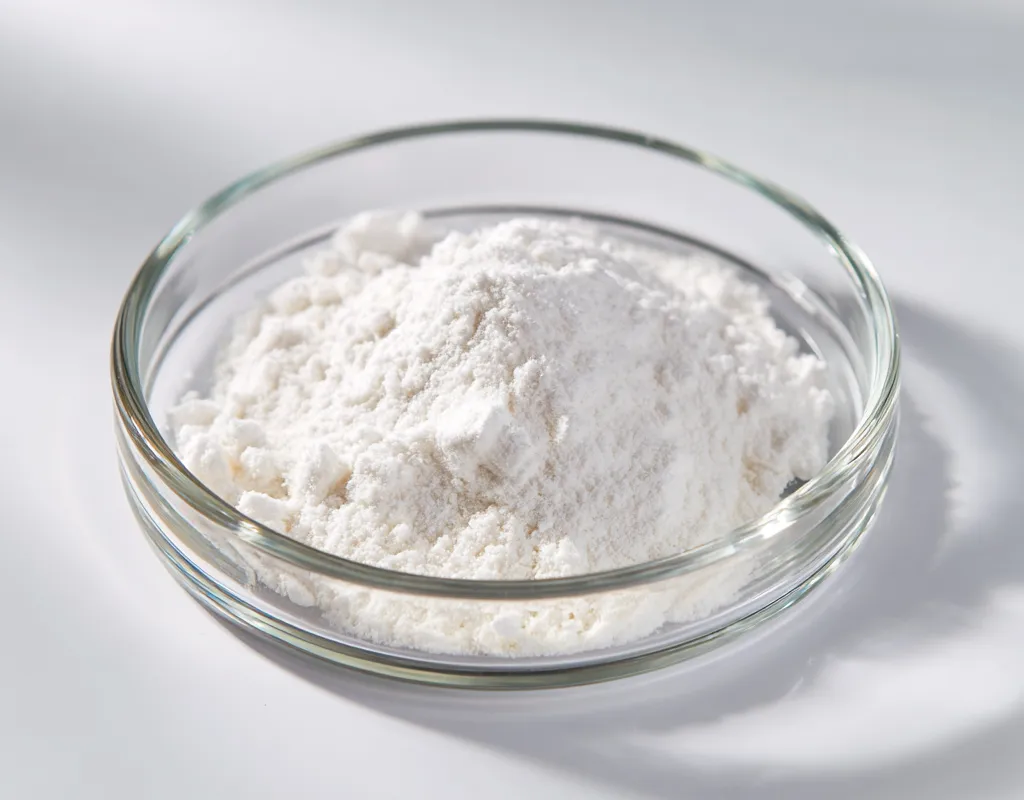The journey to recovery for someone who struggles with heroin addiction starts with an important first step—detoxification. This step, heroin detox, both physical dependence and the psychological addiction to heroin. Without detoxification, breaking the cycle of addiction is highly challenging.
This blog aims to explain the process of heroin detox, its importance, withdrawal symptoms, treatment methods, and building a sustainable recovery plan after detox.
Recognizing Heroin Detox
Heroin is among the most potent and addictive opioids, gripping the body and the mind for many years. Although the heroin high relieves anxiety, the feeling is often followed by extreme lethargy and withdrawal symptoms. With repeated use, the body gets accustomed to the drug which makes it nearly impossible to quit using by oneself.
Detoxification is the body’s process of elimination of heroin and its toxic byproducts. In the absence of medical supervision, many individuals are prone to relapse due to the withdrawal symptoms. Heroin detox programs are most effective because they provide a safe space, medical supervision, emotional treatment, and the relevant support system to begin the healing process.
Indications that Detox from Heroin is Needed
Understanding the signs that detox may be necessary is crucial for saving a life. Key indicators are:
- Setting a quit date and not being able to stop using is a repeat.
- Severe cravings that disrupt life norms.
- Neglected responsibilities, work, and relationships associated with drug usage.
- Appearing to have lost weight, developed track marks, and frequent illness.
If these symptoms exist, the next appropriate step would be enrolling into a professional heroin detox.
Heroin Withdrawal Symptoms
Emotionally and physically, heroin withdrawal is one of the most strenuous experiences. Moreover, it is deeply personal because the intensity varies from one person to another depending on their individual usage history and health status.
Heroin Withdrawal Symptoms – General Timing
- 6 – 12 hours after the last dose: Anxious, overagitated, sneezing, and hot flashes.
- 24 – 48 hours: Peak symptoms. The person experiences muscle aches, insomnia, nausea, vomiting, severe cramps to the abdomen, and strong cravings.
- 3 – 5 days: Although the psychological symptoms still persist, the physical symptoms stop.
- 1 week and beyond: Some symptoms may include, but are not limited to, depression, fatigue, and sudden mood changes.
Over the course of these symptoms, it is crucial that assistance is provided and not going over these symptoms alone increases the chances of financial, emotional, social, or drug induced overdose.
Medical Help During Heroin Detox
Professional detox programs use evidence-based methods to mitigate withdrawal symptoms and ensure safety. Common medical interventions include:
- Medication-Assisted Treatment (MAT): Methods like methadone, buprenorphine, and naltrexone MAT clinically prescribed at detox centers alleviates withdrawal symptoms and cravings.
- Symptom Management: Medications to manage nausea, sleep, and anxiety assist during detox and improves overall comfort.
- 24/7 Medical Supervision: Complications and vital signs are actively monitored and managed by healthcare providers.
- Emotional Support: Psychological distress and trauma is managed by therapists and counselors.
This approach is more effective when combined with the steps outlined above, allowing the process to be more structured and manageable.
Psychological Challenges in Heroin Detox
While withdrawal symptoms are the most attention capturing in detox, the mental health component is equally difficult. Heroin is known to be habit-forming and thus, physically clearing the drug from the system is much easier than getting rid of anxiety, depression, and other intense cravings, which can linger.
Detox programs that include mental health, like CBT, mindfulness, and group counseling, are more effective in preventing relapse. Providing mental health care at the early stages prepares the person to deal with mental health triggers in the future.
Inpatient vs. Outpatient Heroin Detox
The choice of environment for detox is personalized and requires intensive consideration of the individual’s case.
- Inpatient Detox: Ideal for severe addiction and those with co-occurring mental health conditions. They offer a structured environment with round-the-clock medical care and supervision.
- Outpatient Detox: This type of detoxification enables patients to remain at home while receiving treatments at scheduled appointments. It is appropriate for patients with strong support systems and less severe dependencies.
All treatments have their advantages; however, a professional evaluation assists in identifying the most appropriate setting.
The Dangers of At-Home Detox
Many people choose to detox from heroin on their own, but this method poses a number of dangers, including:
- Overwhelming withdrawal symptoms.
- Without medical supervision, the chances of relapsing is higher.
- The absence of emotional support makes it more difficult to manage cravings.
- Increased risk of overdose on relapse due to decreased tolerance.
Heroin detox programs provided by professionals combine medical treatment with emotional and therapeutic support, minimizing these risks.
Sustaining Recovery After Detox
The first step in treatment is detox, and while this is an important milestone, it is critical to know that if the treatment is not continued, a relapse is very likely to occur. After detoxing from heroin, one should consider:
- Intensive outpatient or residential rehab: Structured programs where patients receive therapy and educational sessions on identifying triggers and learning relapse prevention tactics.
- Individual and group therapy: Addressing the emotional and psychological underlying issues in sessions.
- Support groups: Programs where patients receive accountability and encouragement from peers. An example is Narcotics Anonymous (N.A).
- Aftercare Plans: Ongoing support is provided through counseling, sober living homes, or relapse prevention programs.
Constructing a solid recovery framework minimizes the potential of relapsing into old habits.
Holistic Approaches in Heroin Detox and Recovery
A growing number of programs are adopting holistic practices along with traditional detoxification care. These practices foster the well-being balance of mind and body. Some are:
- Yoga and Meditation: Improves emotional regulation and alleviates stress.
- Nutritional Therapy: Restores health undermined by substance use.
- Exercise Programs: Improves mood and energy during the recovery period.
- Art or Music Therapy: Alternative outlets for expression and healing.
In tandem with medical care, holistic approaches increase the chances of achieving long-term sobriety.
The Role of Family in the Detox Process
Addiction impacts an individual, but it equally impacts the family. This makes it essential to involve family in the recovery journey. Through family therapy during and post-detox, families rebuild broken bonds, enhancing the recovery journey.
Long-Term Outlook After Heroin Detox
In the case of heroin addiction, recovery turns into a lifelong endeavor. Detox is an important milestone, but it is essential to understand that it also demands commitment, self-work, and additional professional guidance.
A powerful combination of detox, therapy, and continuous aftercare enables individuals to liberate themselves from heroin and embark on a path towards a healthier, more satisfying life.
Concluding Remarks!!
The journey towards overcoming heroin addiction may seem daunting and cyclical, but the good news is recovery is possible. The journey towards healing starts with a heroin detox. It is the first step and involves attentive heroin detox care, psychological support, and a safe environment all of which are crucial to the healing process.
Moving forward, consistent care, holistic therapy, and robust support significantly increase the chances of achieving long-term sobriety.Reach out to professionals today if you or your loved one is battling with addiction. Enrolling in a heroin detox program could be the first and most vital step towards a healthier and disengaged life full of freedom and renewed hope.



